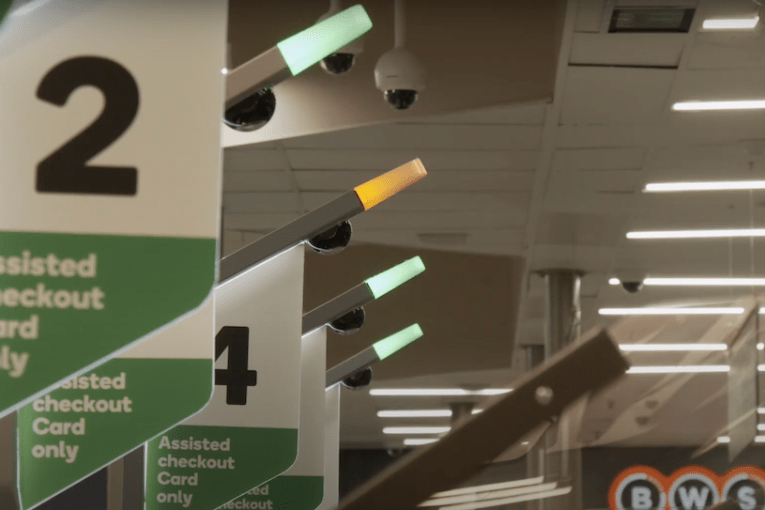Telco code ‘fails to adequately protect’ vulnerable customers: Consumer advocates


Consumer groups have criticised the industry-written telco consumer protections code. Photo: Getty
Australia’s leading consumer advocacy groups have slammed the newly revised telecommunications consumer protection (TCP) code for failing to adequately protect vulnerable Australians.
Revisions to the industry code, which come into effect on August 1, include new rules that require telcos to sell their products in a “fair and reasonable manner”, and assess a customer’s capacity to pay for a product through an income assessment.
On Monday, the Australian Communications Consumer Action Network (ACCAN) released a joint statement along with eight other consumer advocacy groups criticising the TCP for not providing “strong enough” protections for consumers.
The consumer groups also cast doubt on whether an industry-regulated code such as the TCP – which is written by telco industry body Communications Alliance with enforcement by the government’s Australian Communications and Media Authority – can “fully deliver the consumer protections needed for an essential service such as telecommunications”.
They accused the telco industry of continuing to “shift responsibility” onto customers “who are subject to high-pressure sales tactics leading to extraordinary customer debt and financial harm”.
“We know that vulnerable consumers are more likely to be taken advantage of by high-pressure sales staff, however, the knowledge gap between the average customer and telco team members means that we’re often relying on their advice as to what we should buy and how much to spend,” ACCAN chief executive Teresa Corbin said.
The consumer groups pointed to low-income Indigenous consumers in remote areas as an example of a group experiencing “financial detriment as a result of the purchase of unaffordable telco products”.
“In the last 18 months, we have documented over $700,000 worth of telco debt in remote Indigenous communities, and there is a commonly occurring pattern of sales involving multiple premium devices and add-ons such as speakers or headphones,” MoneyMob Talkabout managing director Carolyn Cartwright said.
“Very often, these consumers have little understanding of the implications of the contracts they are signing.”
The consumer groups also called for more comprehensive credit checks to ensure consumers can afford products they are signing up for.
Under the revised code, telcos are required to confirm new customers’ source of income and credit rating for a product or service worth more than $1000.
Consumer Action Law Centre chief executive Gerard Brody said that expensive post-paid telco products are “just like loans, which can mean people end up with high debts”.
“That’s why they need to be regulated like other credit,” he said.
“Banks must assess loan affordability. Telcos should do the same but the industry code doesn’t require genuine assessment.”
The consumer groups said the code should also include expanded protections to protect existing customers from “questionable upselling practices” in response to the “increasing push” from telcos for consumers to package phone plans with a wider array of tech products including drones, smart watches and smart speakers.
“For many years now, financial counsellors have been seeing clients who have been mis-sold expensive handsets and other telco devices,” Financial Counselling Australia chief executive Fiona Guthrie said.
“This saddles people with unaffordable debt and leads to financial hardship.”
The problem “will get worse, not better” as telcos branch out into selling a wider range of tech products and devices, Ms Guthrie said.
However, the Communications Alliance brushed off the criticism from consumer groups as “premature”.
The TCP revisions were developed by a working committee with “strong public comment” and input from consumers, regulators and government.
“ACMA has agreed this is a worthwhile strengthening and that it’s cutting the right balance,” Communications Alliance chief executive John Stanton said.
“We’ve got stronger rules in place across more than eight different important customer touchpoints, and a strong regulator committed to enforcing them.”
The government regulator has the power to fine telcos up to $10 million for repeated breaches of the code.
ACMA said it would be “monitoring compliance” and “testing” the new rules.
“The new TCP Code puts the onus on telcos to ensure customers understand what they are buying,” ACMA chair Nerida O’Loughlin said.
“We will be subjecting telcos to close scrutiny as to how well their practices conform with the new code.”








